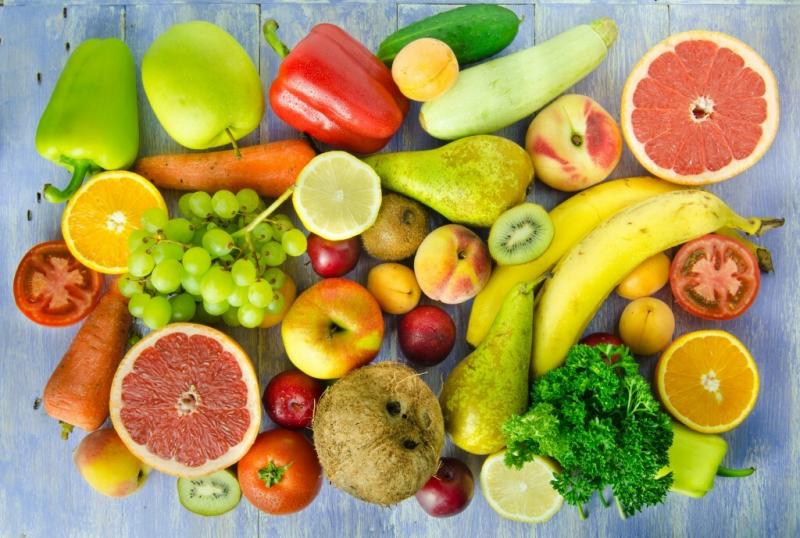In recent years, there has been a growing interest in the role of phytonutrients in promoting overall health and well-being. Phytonutrients, also known as phytochemicals, are natural compounds found in plants. These bioactive substances serve a multitude of functions within plants, protecting them from environmental stressors, pests, and diseases. Interestingly, when consumed by humans, phytonutrients exhibit numerous health benefits that contribute to disease prevention and optimal functioning of the body.
The Diversity of Phytonutrients
Phytonutrients come in a diverse range of chemical structures, each with unique properties and health-promoting effects. Some well-known phytonutrients include flavonoids, carotenoids, polyphenols, and glucosinolates. Flavonoids, found in fruits, vegetables, and herbs, are renowned for their antioxidant and anti-inflammatory properties. Carotenoids, responsible for the vibrant colors in fruits and vegetables, support vision and immune function. Polyphenols, abundant in tea, coffee, and dark chocolate, have been associated with heart health and cognitive function. Glucosinolates, prevalent in cruciferous vegetables like broccoli and kale, have potent anti-cancer properties.
Health Benefits of Phytonutrients
Research has shown that diets rich in phytonutrients are linked to a reduced risk of chronic diseases, such as cardiovascular disease, diabetes, and certain cancers. The antioxidant capacity of many phytonutrients helps combat oxidative stress, a key factor in aging and disease development. Additionally, their anti-inflammatory properties play a crucial role in reducing inflammation in the body, which can otherwise lead to various health issues.
Moreover, phytonutrients support the body's natural detoxification processes by aiding in the elimination of harmful substances and toxins. They also promote healthy gut microbiota, which is essential for digestive health and overall immune function.
Phytonutrients and Cellular Health
At the cellular level, phytonutrients interact with various signaling pathways, influencing gene expression and cellular function. These interactions often contribute to improved cell-to-cell communication and enhanced cellular defense mechanisms. Some phytonutrients have been found to modulate epigenetic processes, which can impact the way genes are expressed without altering the underlying DNA sequence. This epigenetic regulation has significant implications for disease prevention and overall health.
Incorporating Phytonutrients into the Diet
To reap the benefits of phytonutrients, it is essential to include a variety of colorful fruits, vegetables, whole grains, nuts, seeds, and herbs in the diet. The Mediterranean diet, rich in plant-based foods and healthy fats, is a great example of a diet that naturally incorporates an abundance of phytonutrients.
Conclusion
Phytonutrients are nature's precious gifts that offer a myriad of health advantages when included in our daily diets. By understanding their diverse roles and incorporating them into our meals, we can harness the potential of these plant-based elixirs to support our well-being and lead a healthier, more vibrant life. Remember, the key to reaping the rewards of phytonutrients lies in the variety and colors of the plants on our plates. So, let us embrace the power of phytonutrients and savor the flavors of a nutrient-rich, plant-centric diet.
